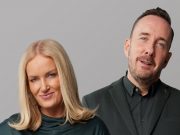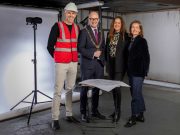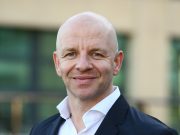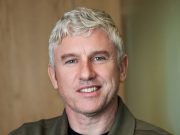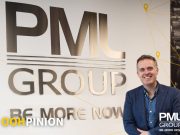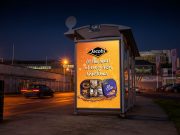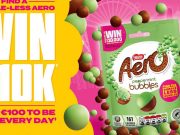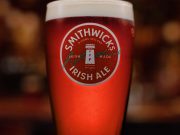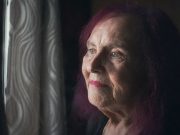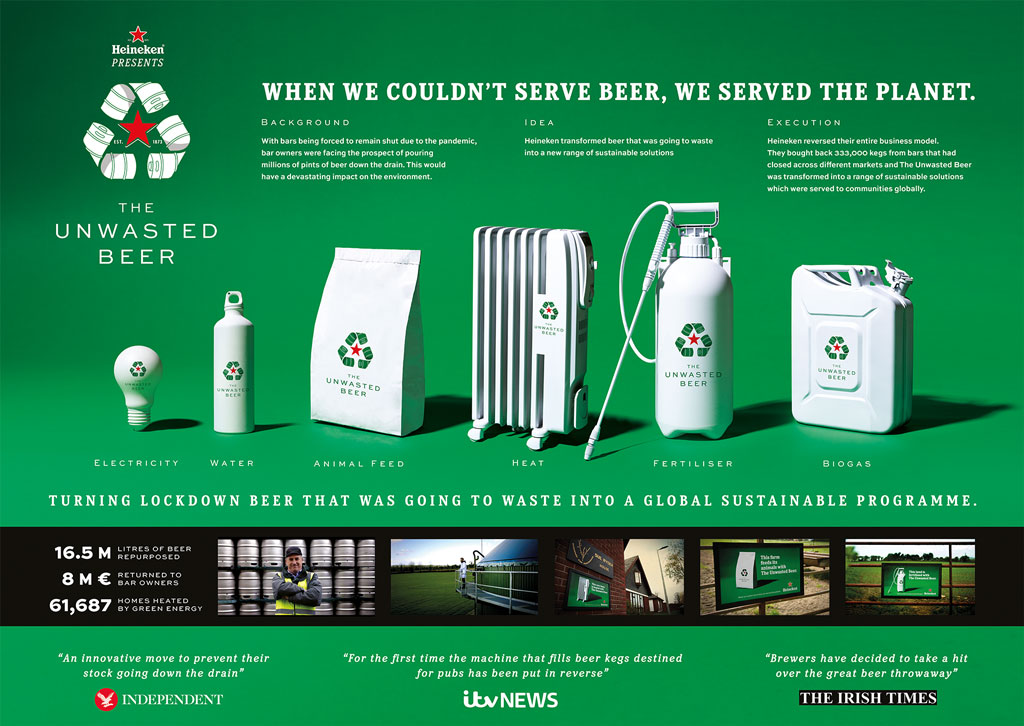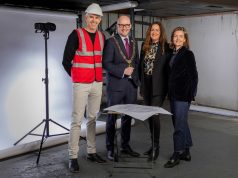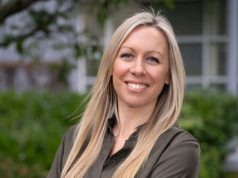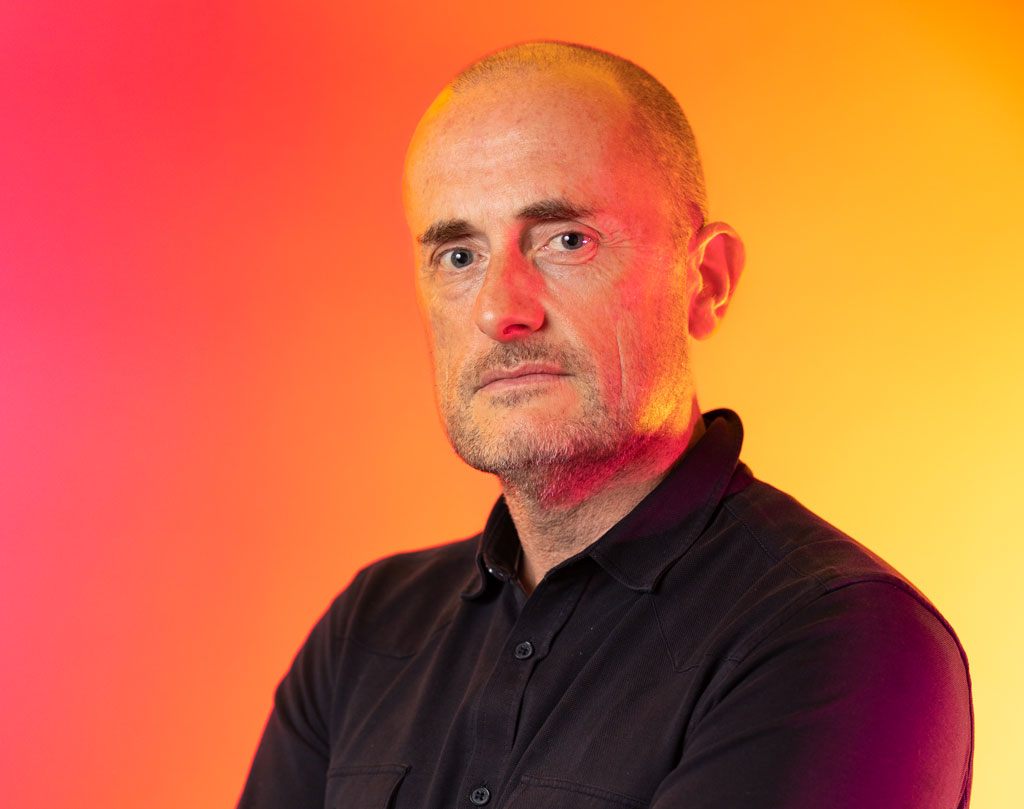
On the eve of the annual Cannes Lions Festival, Ger Roe, board creative director with Publicis Dublin sat down with Adworld to talk about what it took to win four Cannes Lions, four Eurobests, including the Grand Prix and more recently a D&AD Pencil for its work with Heineken Ireland.
As most agencies will know, winning a Cannes Lions is very hard. Winning four Cannes Lions in addition to four Eurobest Awards , all in the same year, is a major achievement for any agency. But that’s exactly what Publicis Dublin achieved in 2022 with the Eurobest awards coming just before Christmas, nicely rounding off the agency’s 50th anniversary.
The Cannes Lions saw it pick up two Silvers came in the Brand Experience and Activation and Creative Strategy, Corporate Purpose & Social Responsibility categories for Heineken Ireland’s “Unwasted Beer” initiative. It also picked up two Bronze Lions awards in the Outdoor Corporate Purpose & Social Responsibility and the Creative B2B categories.
If further validation of the work was needed then icing on the cake came in December 2022 when the agency won a Eurobest Grand Prix the Creative Business Transformation category while picking up Gold in the same category in addition to a Bronze in the Corporate Purpose and Responsibility category as well as Agency of the Year (by Market). More recently, the agency picked up a Graphite Pencil at the 2023 D&AD Awards.
The “Unwasted Beer” initiative was an extraordinary response to potentially problematic environmental challenge during a time of profound uncertainty for society during the lockdowns of 2020 and 2021. For the agency, it wasn’t on any brief and it certainly wasn’t on the client’s immediate radar.
Helping the Hospitality Sector
“We were just about to shoot our ‘Perfect Match’ rugby campaign for Heineken when the pandemic hit. So, like all agencies, we were in constant conversations with the brand team about how our plans and strategy for the year might have to change – we discussed different tactics, including how we could support our on-trade customers as the impact Covid was having on the hospitality sector was enormous,” explains Ge Roe, board creative director with Publicis Dublin.
“As the pandemic was worsening, and as lockdowns were extended it was starting to look like the bars would have no choice but to start disposing of the millions of litres of lockdown beer,” he says.
“If 16.5 million pints had to be poured down the drain, however, it would have a significant environmental and ecological impact. The company has a very strong, and long-held, sustainability strategy called ‘Brew A Better World’ and it is led by a core value of ‘caring for people and planet.’ This came to the fore during the COVID crisis so Heineken was not going to let that happen,” says Roe.
“Heineken was the first to move on this, insisting on taking all the beer back free of charge from the publicans to dispose of it safely and minimising waste. A brewery is used to creating and supplying beer for consumption but now they were faced with the logistics of bringing it all back, prompting an entire ‘reverse-engineering’ processes to be put in place shaped by the circular mindset that they treat all waste,” he adds.
An Ingenious Idea
“Once a plan was in place to safely return the beer from the locked cellars, Heineken Ireland needed to find environmentally sound uses for all of it and Eoghan Harkin, the company’s environmental manager in Cork and Barbara Anne Richardson, sustainability manager, drove the initiative on the company’s side. This involved working closely with experts in the fields of farming and energy to turn 16.5 million pints of lockdown beer into a range of sustainable solutions, which were ultimately repurposed in the form of fertiliser, animal feed, and energy,” he adds. The initiative also allowed Heineken to return €8m to Irish publicans.”
The idea was ingenious and it captured the imagination of not just locals but news media around the world following a high-profile PR campaign the company rolled out. From the agency’s perspective, was it a big challenge working on a project like this?
“Not really,” says Roe. “We are very close to the team in Heineken and have a relationship based on partnership. It’s not a transactional ‘take the brief and come back with an answer’ type relationship – it’s much more involved than that,” he adds.
“We talk to them regularly about many aspects of their business. For example, we’ve even helped them find a way to support the trade by encouraging young people to get proper ‘bar experience’ on their CVs- so, not your average comms brief! But it was so important for us to understand the sustainable strategy and values that drives the team at Heineken Ireland. You only have to see the Heineken Greener Bar at events like Electric Picnic, to know how committed they are to a carbon neutral future,” explains Roe.
Publicis Dublin also worked closely with Heineken’s long-standing global agency Publicis Milan, he adds.
“Heineken Ireland took the lead on the client side. Publicis Milan is the global agency for Heineken acting as the brand guardian across all markets. Our day-to-day role is localisation and origination of local work for the Irish market where required. On this basis we have developed a strong working relationship with the team in Milan, in particular amongst the creative team where the working system on Heineken is ‘creative to creative’. The goal is pretty simple: to do the very best work and provide the strongest solutions to one of the world’s most famous brands. It made sense to collaborate and turn ‘unwasted beer’ into an even bigger idea with their support, creating a range of sustainable solutions,” he says.
The initiative also proved that the solution to every client brief or business challenge doesn’t always have to be an ad campaign. Indeed this has been one of the hallmarks of winning work at Cannes Lions and indeed other awards programmes in recent years.
“We would entirely agree. It really depends on how a client wants to work and collaborate with their agency. We talk about the problem or the opportunity up front and then decide how best to use our strategic and creative skills to get to the solution. So, we totally agree sometimes the last solution is an ad. But we do make extremely creative and effective and advertising campaigns for our clients too,” Roe concludes with a smile.



